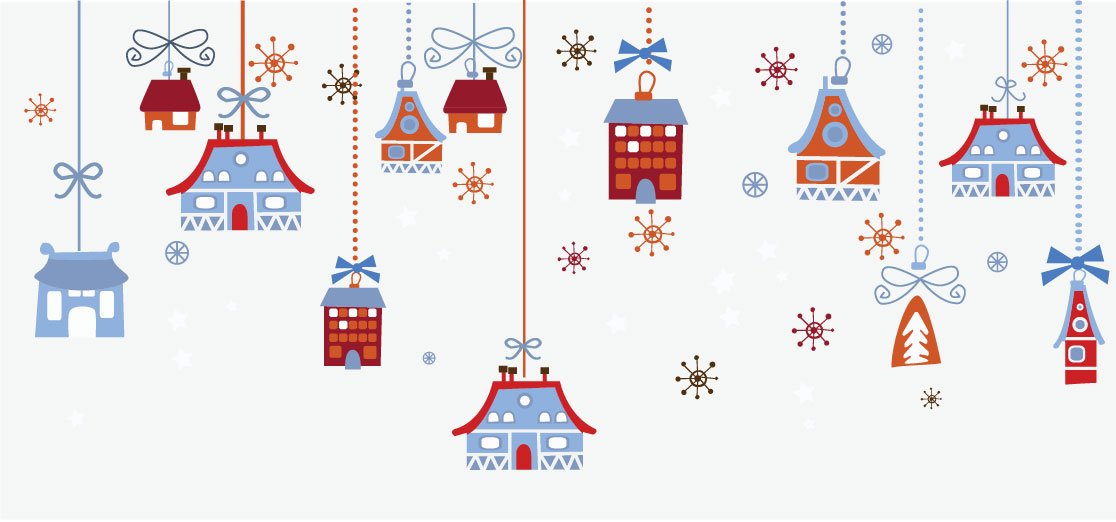
To be natural or to not to be natural – that is the question which crosses many people’s minds when choosing a Christmas tree.
For many, the sight of a decorated tree acts as the centrepiece of festive celebrations. A time honoured tradition, the idea of using a tree at Christmas time dates back to pagan cultures – the evergreen colour representing life, rebirth and the stamina which was needed to survive the cold winter months.
In the present day it acts as a cheerful reminder that St Nicholas will soon be visiting. The presence of a natural tree in the family home is becoming a rarity.
In this busy, man-made world we are bombarded by a vast array of choice from its artificial competitor. Ranging from plastic needles representing plain pine, to in-built fibreoptic lights or frosted branches, the fake tree selection spoils us with options.
But can these convenient plastic tree imitations really beat a good ol’ natural Christmas pine?
PROS OF REAL TREES:
Christmas in many homes is a truly aromatic experience. The smell of pine needles intertwined with cinnamon and Christmas cooking is simply divine.
And what is more, these trees emit oxygen which keeps our air clean and when the time comes for them to die, they biodegrade into the ground creating a welfare of nutrients for our soil.
Perhaps the environmentally friendly nature of a natural tree weighs in their favour. They will not poison us or our furry friends with their harmful toxins, dioxins or chemicals.
And what is more, they are also highly traditional. There is also the nostalgia factor – the event of choosing the perfect natural tree with your family and bringing it home will create many fond memories.
CONS OF REAL TREES:
Due to the limited life span of these trees, they will inevitably begin to rot and shed their needles causing a laborious clean up.
To keep the trees healthy periodic watering is required and could potentially become a risk to nearby presents or carpet surfaces.
Pine trees may be felled down without being replaced so some research may need to be carried out to find a responsible seller.
PROS OF ARTIFICIAL TREES:
In the hustle and bustle of the festive season, it’s easy to become stressed and worn-out. If the thought of having to find, buy and decorate a tree seems like an unnecessary workload, then look no further than an artificial tree.
These trees are easy to assemble and store away. Many can be bought pre-decorated with lights, frosting or ornaments depending on your choice.
But maybe the most attractive aspect of an artificial tree is that it is a long-lasting investment. It may be expensive initially, but an artificial tree will last for years.
CONS OF ARTIFICIAL TREES:
An artificial tree contains dioxins which are extremely toxic to both humans and pets. It is highly advised to wash your hands every time you handle the tree to prevent ingestion of the chemicals.
Harmful to the environment, artificial trees increase our carbon footprint and are created using non-recyclable and non-renewable materials.
As their plastics are difficult to dispose of, they will end up in landfill sites for centuries. Closer to home, it is advisable to keep in mind artificial trees act as a fire hazard.










